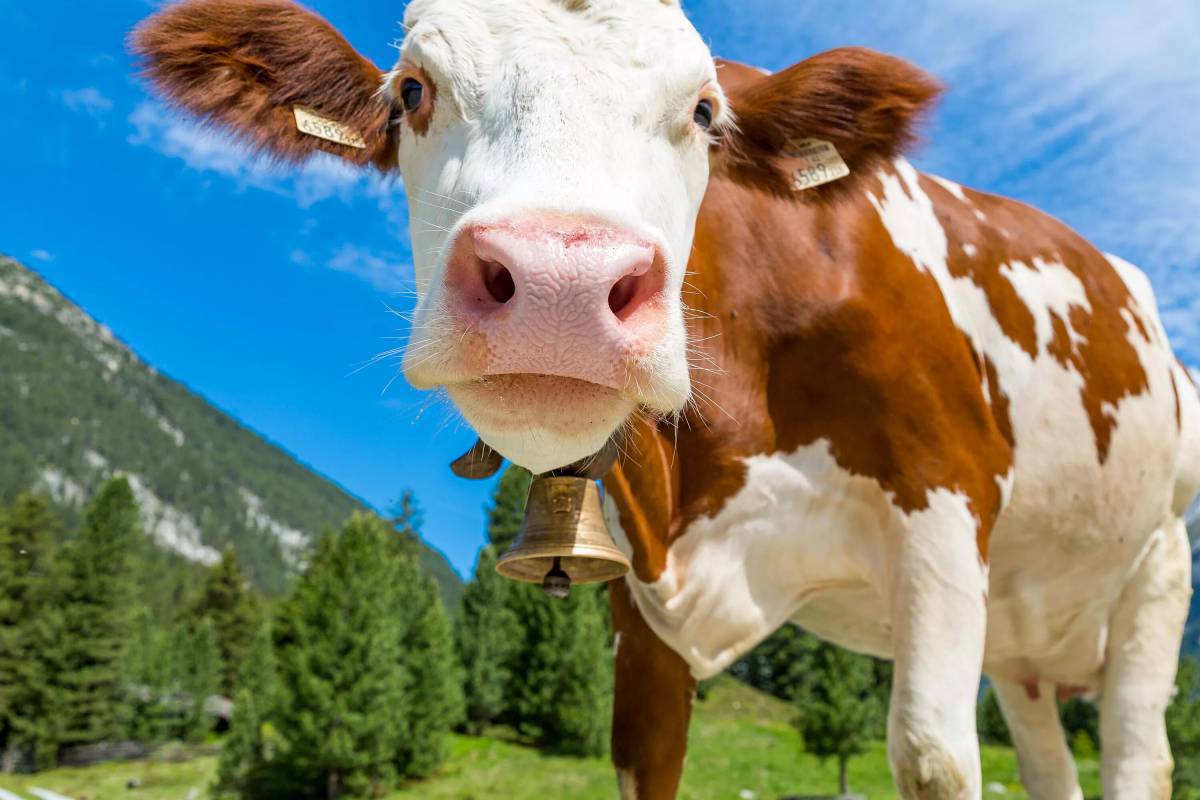
Denmark to Implement World's First Carbon Tax on Livestock Emissions
Starting in 2030, Denmark will introduce a carbon tax on greenhouse gases emitted by livestock, including cows, sheep, and pigs. This groundbreaking initiative aims to address methane emissions, a significant contributor to global warming. The goal is to reduce Danish greenhouse gas emissions by 70% from 1990 levels by 2030, according to Taxation Minister Jeppe Bruus.
The tax will begin at 300 kroner ($43) per ton of carbon dioxide equivalent in 2030, increasing to 750 kroner ($108) by 2035. Due to an income tax deduction, the effective cost will start at 120 kroner ($17.3) per ton, rising to 300 kroner by 2035.
Methane, which traps significantly more heat than carbon dioxide, has seen rapid emission increases since 2020, with livestock contributing about 32% of human-caused methane emissions. Denmark's move follows New Zealand's earlier attempt to tax agricultural emissions, which was repealed due to farmer opposition and political changes.
The Danish Society for Nature Conservation hailed the tax as a historic compromise, setting the stage for a restructured food industry. Denmark's parliament is expected to pass the bill, reflecting a broad-based consensus among stakeholders. As of June 2022, Denmark had approximately 1.48 million cows, with the country being a major dairy and pork exporter.